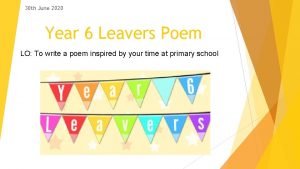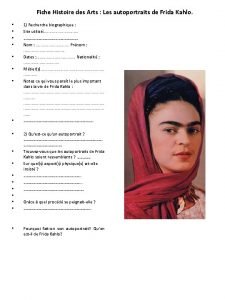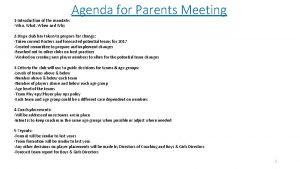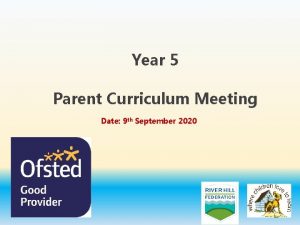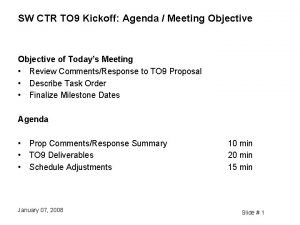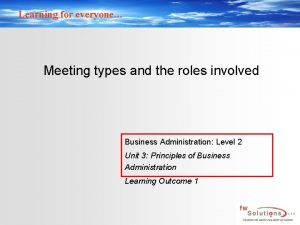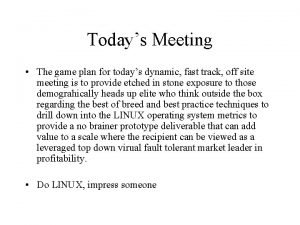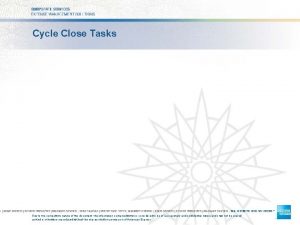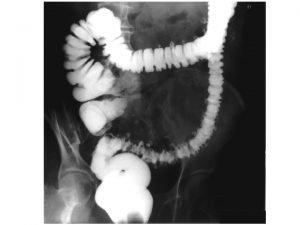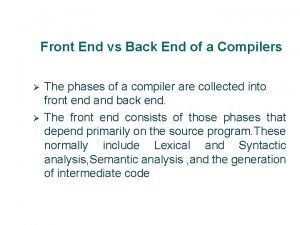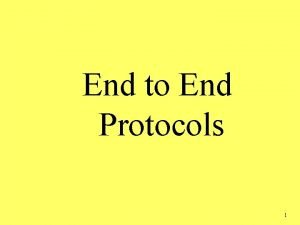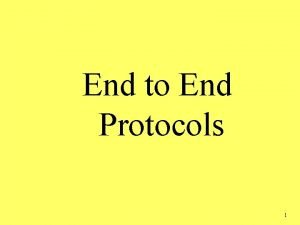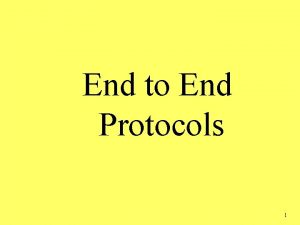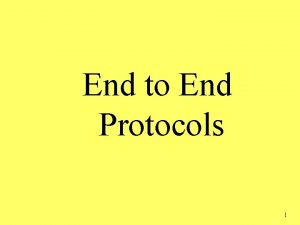Year 2 end of year Assessments Parents Meeting

















- Slides: 17

Year 2 end of year Assessments Parents Meeting

Information Show off week – normal practice in school – Assertive Mentoring includes tests (no stress and no panic) Explanation how information is collected Tests – will take place in May after Year 6 SATs Scaled Score Framework descriptors Examples of questions Ways to help your child Opportunity to look at sample papers

End of Key Stage Assessments Year 2 are assessed at the end of KS 1 in line with the governments criteria and frameworks The teachers conclude the children’s ability through Teacher Assessment – work in books and in provision, plus Tests that the government provide At the end of KS 1 the descriptors are not levels but Ø Working towards Age Related Expectations (WTS) Ø At Age Related Expectations (ARE) Ø Working at Greater Depth Standard (GDS)

Tests The tests we use in school are Maths Paper 1: arithmetic Paper 2: reasoning Reading Paper 1: combined reading prompt and answer booklet Paper 2: reading booklet and reading answer booklet We do not use the Spelling, Punctuation & Grammar Test

Scaled Score What is meant by ‘scaled scores’? • It is planned that 100 will always represent the ‘national standard’. • Each pupil’s raw test score will therefore be converted into a score on the scale, either at, above or below 100. • The scale will have a lower end point somewhere below 100 and an upper end point above 100. • A child who achieves the ‘national standard’ (a score of 100) will be judged to have demonstrated sufficient knowledge in the areas assessed by the tests.

Key Stage One - Reading

Example of Reading Paper

Key Stage One – Writing

Exemplification

Key Stage One - Maths

Arithmetic Paper examples

Reasoning Paper examples

How to help your child • First and foremost, support and reassure your child that there is nothing to worry about and that they should always just try their best. Praise and encourage! • Ensure your child has the best possible attendance at school. • Support your child with any homework tasks. • Reading, spelling and arithmetic (e. g. times tables) are always good to practise. • Remember that good readers become good writers! Identify good writing features when reading (e. g. vocabulary, sentence structure, punctuation). • Talk to your child about what they have learnt at school and what book(s) they are reading (the character, the plot, their opinion). • Make sure your child has a good sleep and healthy breakfast every morning!

… more ways to help your child Reading paper relies on inference and deduction type questions DIAL questioning/ activities

…more ways to help your child www. mrspteach. com R: How many ballet shoes are used each year by the Royal Ballet? How much does the Royal Ballet spend on shoes each year? What colour are the ballet shoes? How do they stay on the dancers' feet? What tools does the first worker use? I: What is the camera being? Why does the screen go dark halfway through? Why does the Royal Ballet spend so much on shoes each year? C: Why did the Royal Ballet make this video? (Focus on the word "support" at the end). What is unusual about how the director chose to shoot this video? (Perspective of the shoe). Why did the director chose to shoot this video from the perspective of a shoe?

…more ways to help your child • Play times tables games. • Play mental maths games including counting in different amounts, forwards and backwards. • Encourage opportunities for telling the time = TV programmes, what time tea will be etc. • Encourage opportunities for counting coins and money e. g. finding amounts or calculating change when shopping. • Look for examples of 2 D and 3 D shapes around the home. • Identify, weigh or measure quantities and amounts in the kitchen or in recipes = BAKE • Play games involving numbers or logic, such as dominoes, card games.

Chance to look at the samples Thank you for coming the staff are now available to show you the sample papers.
 Year 6 leavers poem funny
Year 6 leavers poem funny Tableau frida kahlo famille
Tableau frida kahlo famille Parents parents
Parents parents Fiche frida kahlo
Fiche frida kahlo Agenda for parents meeting
Agenda for parents meeting Curriculum meeting for parents
Curriculum meeting for parents Today meeting or today's meeting
Today meeting or today's meeting What is meeting and types of meeting
What is meeting and types of meeting Types of meeting
Types of meeting For today's meeting
For today's meeting End to end accounting life cycle tasks
End to end accounting life cycle tasks Feride kröpil
Feride kröpil Comet commonsense
Comet commonsense Edv and preload
Edv and preload Protect
Protect End-to-end procurement life cycle
End-to-end procurement life cycle Front end of a compiler
Front end of a compiler End-to-end wireframe parsing
End-to-end wireframe parsing
